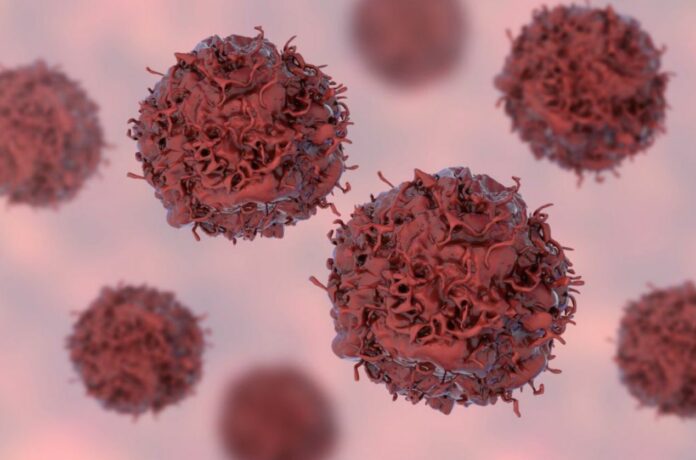Scientists used DNA barcodes to track cancer cells over time. They found that different cancer cells have different ways to get away from the immune system’s defenses.
According to a recent study from the Garvan Institute of Medical Research, certain cancer cells can employ parallel pathways to both avoid the immune system’s defenses and resist immunotherapy treatment.
Researchers found that breast cancer cells can multiply and spread by stopping killer T-cells from doing their job and making it harder for the immune system to find and destroy tumor cells.
“We know that breast cancer typically doesn’t respond well to immunotherapy, and we wondered if there’s an intrinsic mechanism enabling breast cancer cells to escape the immune system,” adds first author Ms. Louise Baldwin.
The researchers used a method called DNA barcoding, which marks cells with a known sequence and tracks how tumor cells change over time.
“We showed that there are rare cancer cells capable of escaping the immune system and escaping treatment with immunotherapy,” add the first author.
The mechanisms could be used as possible therapeutic targets to stop cancer cells from changing and spreading. A high number of cells could also be used in the future to predict which patients might not respond to immunotherapy.
The new study was published in the journal Nature Communications.
Immunotherapy is a successful treatment for a variety of diseases; but, in certain patients, cancer cells mutate to evade the immune system’s defenses. This is known as immunoediting, and it occurs when tumor cells interact with immune cells, resulting in the immune system destroying many malignant cells but leaving some unnoticed, allowing them to proliferate and spread.
The study relied on breast cancer cells from mice that had been genetically marked with a “barcode” that would be passed down from generation to generation.
With the help of barcoding, the research group was able to track the origin of more aggressive, resistant cells and determine whether or not they had expanded from their original form.
The study team “wanted to understand whether resistance was adaptive – whether cancer cells duck and weave – or are they pre-programmed to evade the immune system,” adds Associate Professor Alex Swarbrick.
The team found that the cancer cells had changed even before they were treated. He says that “some cells had already acquired the ability to evade immunity, meaning they have an innate ability to escape the immune system.”
It appears that the cells accomplish this goal via different techniques. One approach is to inhibit the activity of killer T-cells, which normally eliminate dangerous cells. The second is to lessen MHC1 expression on cells, which serves as a marker for the immune system to identify dangerous cells.
“Most tumour cells vanish when the immune system gets switched on, but a small proportion keep growing and expanding,” adds Associate Professor Swarbrick.
“Tumours keep evolving and diversifying, and action by the immune system or treatment like chemotherapy is like pruning a tree – cancer cells get wiped out but the remaining branches on the tree continue to grow.”
Although the researchers investigated the cells’ genome, they identified no linked genes, leading them to speculate that epigenetics was at play.
Source: 10.1038/s41467-022-34041-x
Image Credit: Getty
